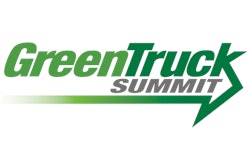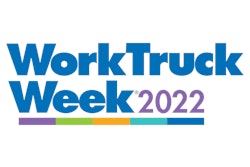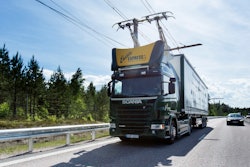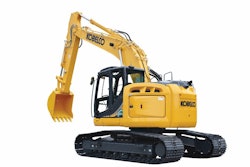The Phase Two Fuel Efficiency and Greenhouse Gas Reduction Delegated Assembly provision greatly expands the universe of potential clean-energy solution providers to the work truck industry. Now, downstream commercial vehicle upfitters or converters, through contractual agreement, can partner with regulated parties (often the original equipment chassis manufacturers) when their added technologies or fuel conversions achieve GHG reduction. These reductions can amount to an emission credit opportunity.
A panel discussion on this new EPA provision entitled “Delegated Assembly Provisions in GHG Phase Two — A Potential Game-Changer for Multi-Stage Commercial Vehicles” will take place at the Green Truck Summit 2017, the industry's premier conference on clean energy innovations, held in conjunction with The Work Truck Show 2017. During this session — held Tuesday, March 14 from 2:15–3:15 p.m. — the following experts will discuss ramifications and opportunities of this game-changing provision:
- Matt Spears, Center Director, Heavy-Duty Diesel Standards, U.S. Environmental Protection Agency
- Rob Stevens, VP Strategy and Engineering, ROUSH CleanTech
- Ken McAlinden, Manager for On-Board Diagnostics and Regulatory Compliance, Ford Motor Company
The Work Truck Show, North America’s largest work truck event, is produced by NTEA – The Association for the Work Truck Industry. It runs March 14–17 at the Indiana Convention Center in Indianapolis, IN. Educational sessions begin March 14, and the exhibit hall is open March 15–17. Green Truck Summit general sessions are held March 14, and concurrent educational sessions run March 15–16.
“This new delegated assembly concept can potentially foster much greater clean energy innovation because GHG-reducing technology and fuel systems added to incomplete vehicles may qualify as part of engine maker or work truck OEM compliance,” says Doyle Sumrall, NTEA Managing Director. “Delegated assembly allows more parties to leverage the greenhouse gas reduction technologies they can put on a truck as part of the EPA compliance scheme. It’s a great tactic to bring more minds to bear on expanding clean energy solutions for the work truck industry.”
The provision provides for all elements of the industry that work with a regulated party (chassis or engine OEM) to provide value and GHG reduction as part of the regulated parties’ compliance with EPA requirements. Any GHG-reducing technology or fuel installed before the titling of a work truck counts as a carbon reduction for the regulated party if it is qualified and there is a contractual path. Examples include auxiliary power units, aerodynamic devices, hybrid components, electrification elements and natural gas fuel tanks.
The Green Truck Summit brings together fleet managers, leading truck manufacturers and governmental and regulatory officials to share their experience, vision and outlook on how the industry can make an immediate impact on greenhouse gas and criteria pollutant reduction. Green Truck Summit attendees can choose from Work Truck Show and Green Truck Summit concurrent sessions on a wide variety of industry-specific topics and can explore the exhibit floor covering more than 500,000 sq. ft. Technical personnel provide insight at exhibitor booths, and NTEA staff is on-site to answer technical and regulatory questions. Attendees can also meet industry suppliers and experience the latest advanced technologies and alternative fuel applications by driving the newest commercial vehicles at the Ride-and-Drive March 15 and 16.



















